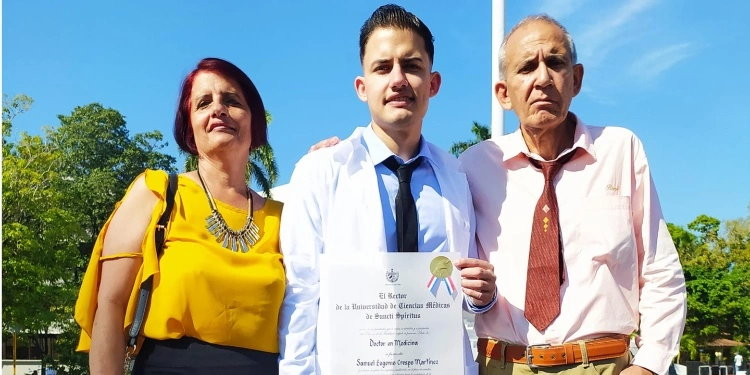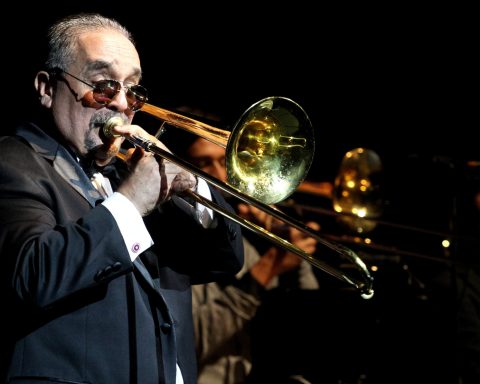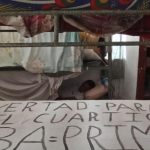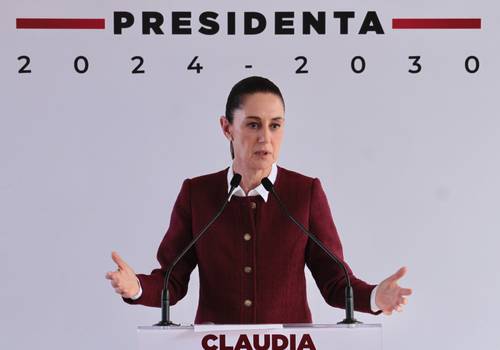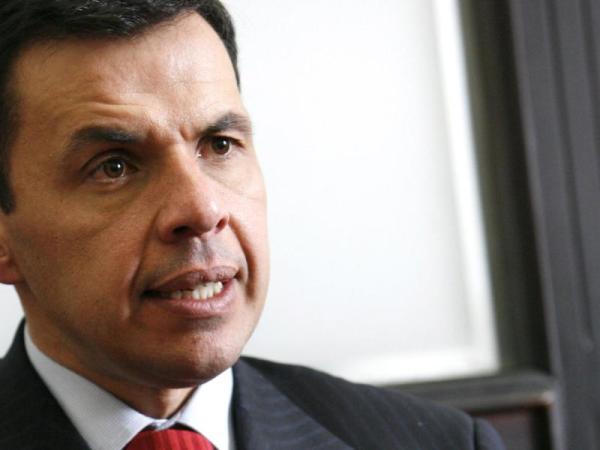SAN LUIS POTOSÍ, Mexico.- Samuel Eugenio Crespo Martínez, a young 26-year-old doctor, remains hospitalized and in serious condition due to encephalitis, one of the complications derived from Oropouche virus, as confirmed on social media by those close to him.
Crespo Martinez had been boarding school and remained connected to artificial respiration devices, but this Friday, August 23, his friends and acquaintances confirmed on Facebook that, although he is still reported as “serious,” he is already breathing on his own, according to the profile of the chess coach and close friend of the young man, Osmani Pedraza Ledón.
He also said that he had a rash on his skin and that he had regained his memory, as he recognized some people. The doctor has been hospitalized for at least a week.

“Let us join together in a common prayer to ask for the health of Samuel Crespo Martínez, reported in critical condition with encephalitis, caused by the Oropouche virus, in the hospital of Sancti Spíritus. A good boy, always good, and as a doctor, also wonderful,” Isabel Simón Serrano had written.

Crespo Martínez was born on January 22, 1998 and was a chess player, although he later opted for medicine.
A moving message from Pedraza Ledón alluded to the fact that, as a child, Crespo won two Pequeños Guerrilleritos tournaments in Santa Clara, one at the Academy and another at the ECO Hall. “I saw him at the 2009 San Nicolás Pioneer Tournament, at the 2011 GTM School Tournament, at the 2013 San Nicolás Youth Tournament, and at several other events,” he said.
The dangerous Oropouche virus
He doctor Miguel Ángel Ruano, president of the Cuban Free Medical Association, warned that several arboviruses are occurring in the country, and explained that complications and deaths in patients with the Oropouche virus may be due, fundamentally, to poor treatment and the lack of drugs to treat the conditions.
He also denied the Cuban regime’s claims that there were no deaths from the disease.
“In this period there is no absence of deceasedthere is the presence of deaths due to acute febrile syndrome of unspecified cause or due to inadequate management in treatments that lead to death and that are handled in the death certificates as ‘fever of unknown cause’, which was not conclusive for diagnosis and therefore, are not closed like Oropuche,” he said.
Added to this is the lack of specific monoserums to detect the disease at the Pedro Kourí Institute of Tropical Medicine.
This is an extremely complex context, he said in his speech, where he referred to the recent statements of Francisco Durán, national director of Hygiene and Epidemiology, who warned in the official media that there are cases of Oropouche with up to three relapses in one month.
With a health system where more than 264 basic medicines are missing from Cuban pharmacies and there are no specific monoserums to detect cases, Cuban authorities have only confirmed 400 patients and no deaths.
“There are no deaths among the 400 cases in which he performed monoserum tests at the IPK, because none of them died,” he said.
However, this does not mean that there are no deaths from the virus, as there are deaths due to complications arising from the disease.
